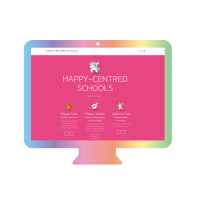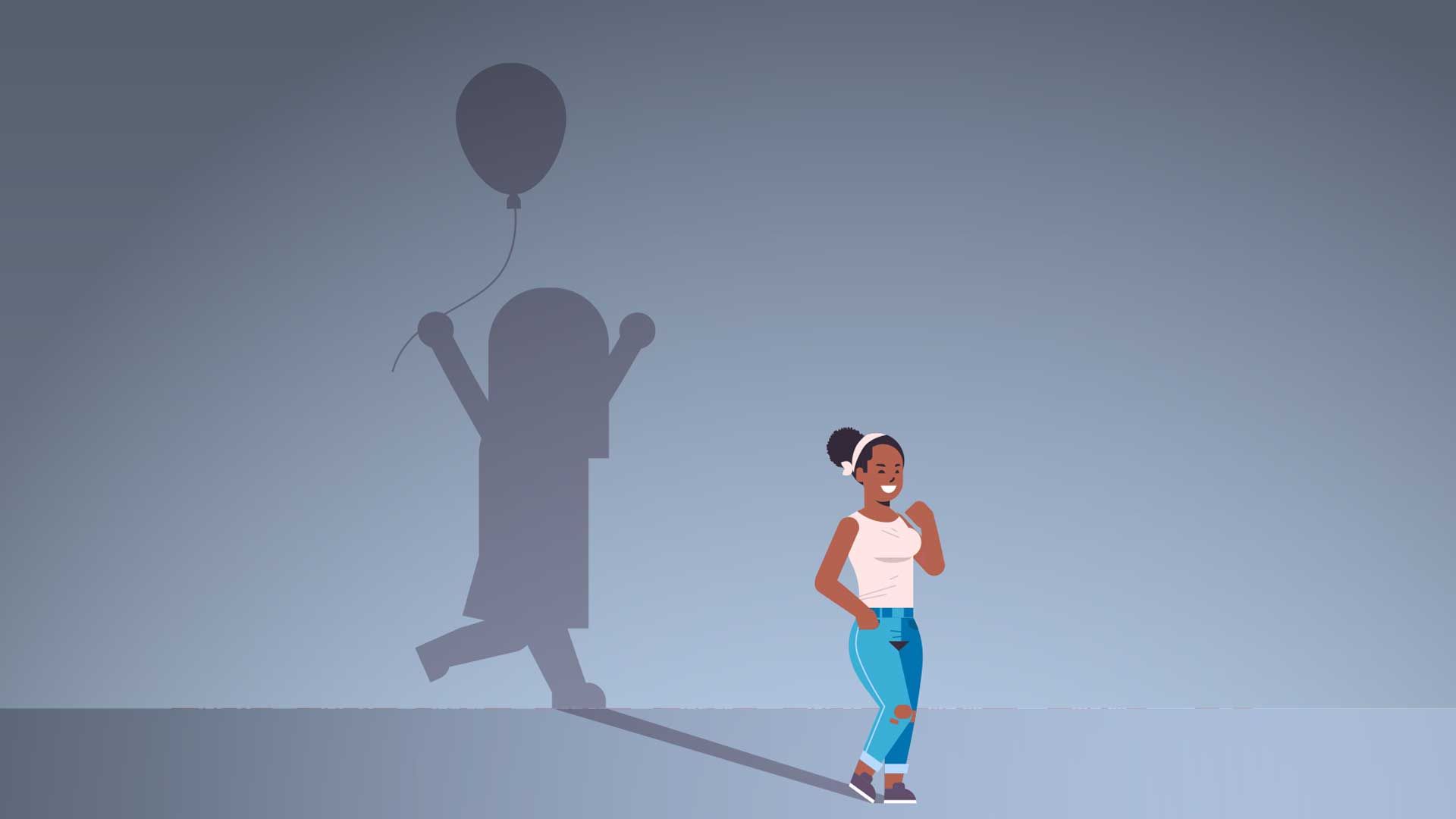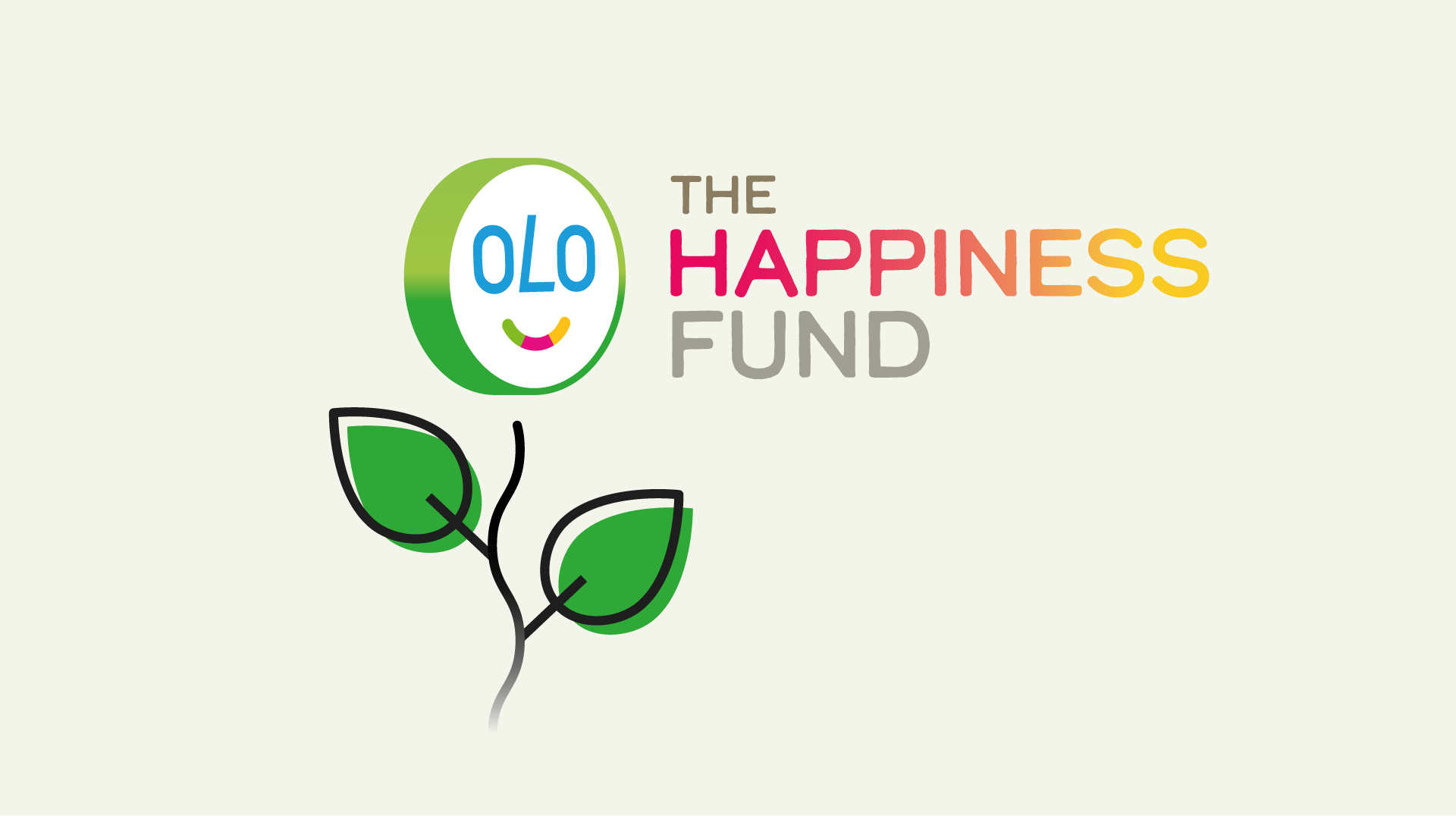How to create a happy classroom: 5 simple tips

If you want to know how to create a happy classroom, we’ve got you covered. For us, as much as academic progress and achievement are important, happiness tops the lot. A bold claim? Maybe.
But think about it, the happier a child is, the more ready and able they are to learn. The more willing they are to take risks and make mistakes. The more confident they are to share ideas and learn from others. So, a happy classroom matters.
Why creating a happy classroom matters
In August 2019, the annual Good Childhood Report from the Children’s Society found overall happiness among 10- to 15-year-olds had dipped below 8 on a scale of 1 to 10, with an average of 7.89.
Nearly 5% of those surveyed reported happiness scores below 5 out of 10, which equates to approximately 219,000 children in the UK being unhappy with life as a whole. It also reported that there was a ‘significant dip’ in happiness with school in 2016/17.
So, as the report says, ‘As a society, we have to start taking children’s well-being more seriously,’ and as educators, we’re in a prime position to do this.
At risk of sounding like the sixth Spice Girl, what we really, really want is for the children to come in every morning full of excitement, ready and eager to start the day ahead. We want them to leave at the end of the day with smiles on their faces, inspired by the lessons we’ve taught.
But it’s not always that easy. From family unemployment and poverty to young carer roles and the aftermath of a global pandemic, many other factors can stand in our way. Creating a happy classroom, therefore, becomes crucial.
Here are our 5 simple tips to help you create yours.
5 simple tips to create a happy classroom
Develop children’s resilience skills
Resilience is an important life skill. It helps us cope when life gets tough, no matter our age. For children, it may be tackling algebra for the first time or starting a new school. Whatever it is, one thing’s for sure, resilience is necessary for improved levels of happiness.
So when creating a happy classroom, giving the children the opportunity to practise resilience skills, even in a small way, can do wonders to boost their confidence and their happiness. By practising with the small stuff, they’re more likely to draw on these lessons in resilience when the big stuff happens too.
But as much as being resilient matters, so does being able to share their true emotions. If they’re not coping or are struggling to stay positive when things get tough, that’s okay too. Of course it is. As adults, we know all too well that life isn’t always unicorns and fairy dust. Why should it be any different for the children and young people in our classrooms?
Which leads us nicely onto our second tip.
Make space to communicate
You’re a busy teacher who has to wear a number of different hats, we know that. If you’re not in teacher mode, you’re a parent, a nurse and a mental health professional all rolled into one. It’s why we at Laughology think you’re bloomin’ marvellous.
As you well know, communication is crucial to keep everything running smoothly in any aspect of life - and your classroom is no exception. Giving children the space they need to share anything that’s worrying them can really go a long way to create a happy classroom. It might be through regular circle times, a ‘worry box’ or some 1:1 time with a TA.
Quite often, it’s the small moments of connection and interaction that make the biggest difference - not only does it help with happiness, but it also builds trust between you and the children in your class. Greeting them when they arrive, chatting to them when you’re on duty or doing some 1:1 reading are all great ways to build this into your daily routine.
Children never forget the teachers who spent time getting to know them. You’ll stay long in their memory - and have improved behaviour - by doing so.
Build positive relationships
Positive relationships take work, but they matter when considering how to make your classroom a happier place to be.
They come in all shapes and sizes - relationships between peers, between pupils and the teacher and between teachers and other adults in the classroom. If children are struggling with positive relationships at home, modelling great communication and listening skills becomes an important part of their school environment.
As well as this, learning the skills of relationship-building is an important part of understanding the people around us. You may well think it’s just those with social communication difficulties that need practice, but it’s actually everyone.
Make some time to discuss what positive relationships look like, have prompts to help those who need them and celebrate the positive interactions that happen - it will go a long way to help you to create a happy classroom.
Celebrate mistakes
Okay, okay, we know you know about growth mindset and its link to better learning. But did you know it can help you create a happy classroom too?
By putting the focus on effort over outcome, and celebrating mistakes, children become happier. Their self-confidence improves, they’re more willing to problem solve and take risks, and they’re able to look for learning opportunities in any challenge that comes their way.
Using phrases such as, “Well that’s a great mistake because it can help us learn that…” is such a powerful way of modelling this to children. And don’t be afraid to show your own mistakes and learning too. When things get collaborative and there’s a true growth mindset environment in a classroom, everyone wins.
Not only that, it’s a skill that will stand them in good stead as they get older and face the inevitable twists and turns that life throws up. What a skill to give them!
Practise happiness
Happiness is a skill that can be learned and developed. It’s not something we should strive to feel all the time either. It’s perfectly natural to experience highs and lows in life.
Encourage children to look for intrinsic happiness - what does it mean for them? What makes them truly happy? If it’s always external validation they’re seeking from friends or family, ask them to look inward. How can they make themselves feel happier? Maybe it’s playing football with their friends or creating something arty. How could they do more of that?
An important aspect of happiness for children to consider is the idea that it’s for them to control. We can’t control the world around us - the last two years have proved that - so we have to do what we can to control our responses to the things that happen instead.
Our PSHE programme - Happy-Centred Schools - can help children develop the skills they need in order to feel confident to do that. Why not take a look? There’s even a free theme for you to download right now.
Finally…
What can you take away from these tips to try in your own life? As much as knowing how to create a happy classroom is important, so is looking at how to manage and make your happiness. After all, a happier teacher naturally means happier children in the long run. And when everyone feels happy, that’s where the magic happens.
- Created on .












































